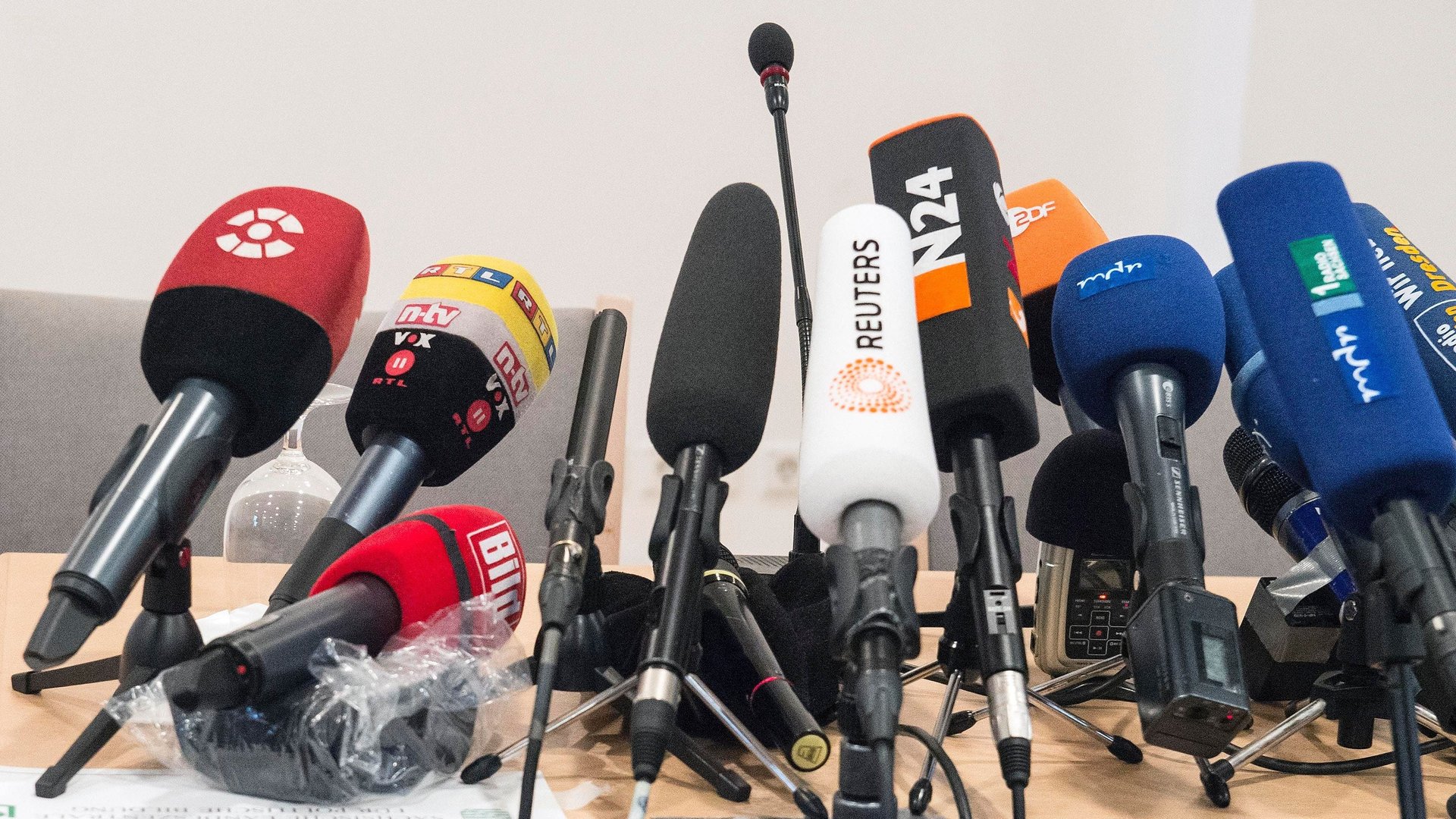Why nobody believes your PR anymore
For decades, corporations have relied on the practice of “reputation management” to protect their brands from criticism. Their public relations teams scan mainstream and social media for negative mentions of the brand and respond to them with carefully crafted talking points, while their lawyers prevent negative news stories with mechanisms such as confidentiality agreements that are intended to tamper allegations and leaks.


For decades, corporations have relied on the practice of “reputation management” to protect their brands from criticism. Their public relations teams scan mainstream and social media for negative mentions of the brand and respond to them with carefully crafted talking points, while their lawyers prevent negative news stories with mechanisms such as confidentiality agreements that are intended to tamper allegations and leaks.
You only need turn on the news to realize that this system is no longer working. Though gun massacres in America are hardly new, the shooting at Parkland has rapidly spiralled into a viral social media campaign that has successfully pressured companies to withdraw from ties with the NRA and driven Blackrock, the biggest investor in the world, to develop new gun-free investment funds. And in the wake of revelations that the data of 87 million Facebook users have been shared with a political consulting firm, Facebook CEO Mark Zuckerberg’s talking points have been received with skepticism, which a leak of the company’s internal communications has intensified. Finally, Harvey Weinstein’s hiring of new PR representation suggests that he may have misunderstood the scale and nature of his reputation challenges.
In the traditional model, communications gurus and bulldog general counsels sit atop the ramparts of the corporate fortress, doing their best to repel baying journalists, angry consumers, resentful ex-employees, and business partners harboring nefarious intentions.
But whether it’s a company’s associations with the NRA, holes in its data security, or unfair treatment of labor in its supply chain, traditional “reputation management” doesn’t work as well as it once did. Here’s why.
Stronger activism is the corollary of weak or uncertain regulation
Moves by the Trump administration to weaken or dismantle regulations have not eased operating conditions for business. They have instead galvanized diverse coalitions of social and environmental activists. Companies must increasingly respond to skeptical, highly organized campaigners who have moved beyond vague aspirations of inclusivity and justice and want to see concrete shifts in corporate policy, risk controls, and internal team capacity. Talking points won’t cut it.
The narrative around politics and private companies is converging
Protestors are coalescing around a potent narrative encompassing human rights, anti-corruption, and environmental justice, and as governments struggle to respond—businesses find themselves pulled into the rip tides. Politicians in democracies can curry favor with anxious constituents by penalizing and excluding unpopular businesses. In autocracies, attempts to silence and deflect protests can draw companies into damaging associations. Enterprises facing such interconnected, fast-moving developments find it extremely challenging to respond effectively if they handle risk management, corporate affairs, and government affairs as separate issues in siloed departments. Any communications strategy needs to be informed by a deep understanding of a company’s social license to operate. This means gathering intelligence not just on how stakeholders see the company, but on broader political and commercial networks that might amplify risk.
Local challenges can gain global platforms
As internet penetration increases exponentially in developing countries, community conflicts, working conditions in factories, and poor management of pollution and waste cease to be mere local challenges for a company’s country manager. Indigenous rights groups in Latin America are partnering with global advocacy organizations to broadcast grievances. Local concerns over water and land access around pipelines and mining operations are picked up by human rights campaigners and given global platforms, often catching corporate headquarters by surprise. Local community engagement and global corporate relations can no longer be treated separately.
Corporate confidentiality is no longer guaranteed
From Wikileaks through Edward Snowden to the Paradise Papers, there is a new whistleblowing model of leaks of confidential data to the public. Whether these provide details of offshore investments, operational concerns, pernicious non-compete agreements, or the seamy details of a Miami offsite, they are bringing a battering ram to approaches that take legal risk as their starting point. What the public pays attention to may seem unfair and arbitrary, but the degree to which a given incident gains viral attention in fact reflects the baseline levels of trust consumers have in the organization under fire. Companies must behave as if everything they say or do can become public.
The answer is not better messaging
This is not simply an issue of transparency and information. The growth in remote work, “gig economy” contracted employees, and increased pressure for supply chain oversight are other examples of how the boundary between a corporation and its external environment is becoming more porous. Organizational processes are loosening, culture is harder to set, and formal authority is less dependable.
This all suggests that the best reaction to this new environment is not to hire more lawyers or create more brochure-ware; it would be better to equip the corporate fortress with stronger bridges and moats. A lack of public trust is not a challenge that can be tackled via better ‘messaging’ or ‘conversation,’ and these spin efforts are just generating more cynicism. If your transparency rhetoric hides a lack of disclosure on tax payments, or your ‘positive community relationships’ are code for aggressive lobbying, this will be highly visible. A better reputation today involves putting your money where your mouth is and proving that your values statements mean something.
Alison Taylor is Managing Director at BSR and an Adjunct Professor at Fordham Law School.